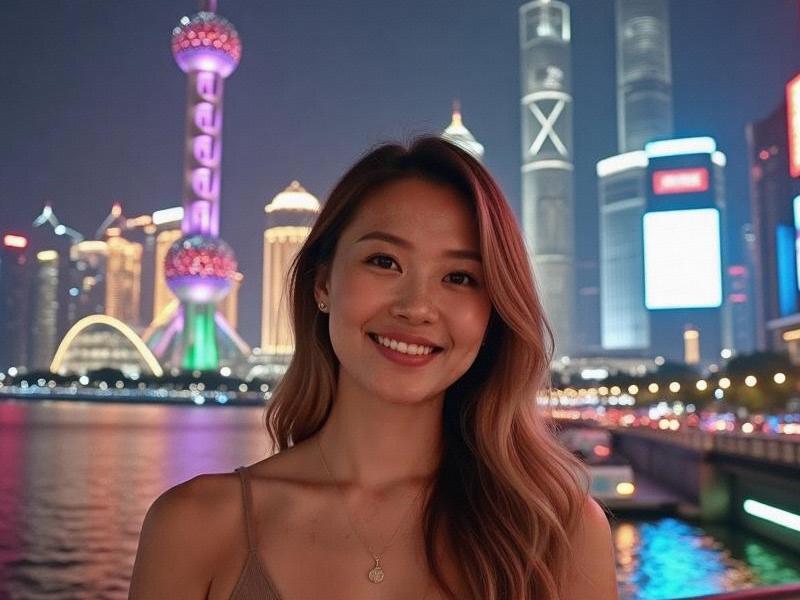This investigative report examines Shanghai's booming high-end club scene, exploring how modern venues blend Chinese hospitality traditions with global luxury standards to crteeaAsia's most sophisticated nightlife ecosystem.

The glow of Shanghai's neon skyline tells only half the story. Beneath the dazzling towers of Lujiazui and the restored art deco facades of the Bund, a quieter revolution is transforming China's entertainment capital. Shanghai's club industry, valued at ¥28.7 billion in 2024, has emerged as the testing ground for Asia's most innovative nightlife concepts.
The New Gold Standard
At OPUS, a members-only venue in Jing'an District, guests navigate through three distinct environments: a Parisian-style salon bar, a bamboo-walled tea lounge playing remixed Chinese opera, and a soundproofed karaoke suite with AI vocal enhancement. "We're creating cultural collisions," explains managing director Vivian Ko. "Our members want Michelin-level mixology alongside authentic ganbei drinking rituals."
The city's 380 licensed entertainment venues now employ over 15,000 staff trained in both international hospitality protocols and traditional Chinese guest rituals. At Dragon Phoenix Club in Xintiandi, concierges use augmented reality glasses to identify returning patrons' preferences within seconds of arrival.
上海龙凤419自荐 Economic Impact
Shanghai's "night economy" accounted for 8.3% of municipal GDP last year, with high-end clubs contributing 37% of that figure. The average VIP room booking at establishments like M1NT or Bar Rouge exceeds ¥15,000 per night, with 60% of clients being local business elites rather than foreign visitors.
"These aren't just party spaces—they're deal-making ecosystems," notes NYU Shanghai sociology professor Dr. Liam Chen. "We've documented ¥9.8 billion in business agreements signed in Shanghai clubs during 2024."
Regulation and Innovation
上海贵族宝贝龙凤楼 Following 2023's "Quality Nightlife" initiative, venues must now meet 48 strict criteria covering everything from soundproofing to staff ethics training. The Shanghai Culture and Tourism Administration has certified 22 "Gold Standard" clubs that exceed requirements.
Tech integration reaches surprising levels:
- Facial recognition systems that greet regulars by name
- Blockchain-based bottle service authentication
- Holographic performers that adapt sets to audience mood (measured via wearable tech)
上海龙凤419
Cultural Evolution
Younger Shanghainese are driving demand for "hybrid" experiences. At fusion venue The Peacock Room, patrons might enjoy craft cocktails infused with baijiu while watching Peking opera performers collaborate with electronic DJs.
As Shanghai positions itself as a global entertainment capital, its club scene reflects China's broader cultural confidence—honoring traditions while fearlessly innovating. With 17 new luxury venues slated to open before the 2026 World Expo, the city's nightlife revolution shows no signs of slowing.